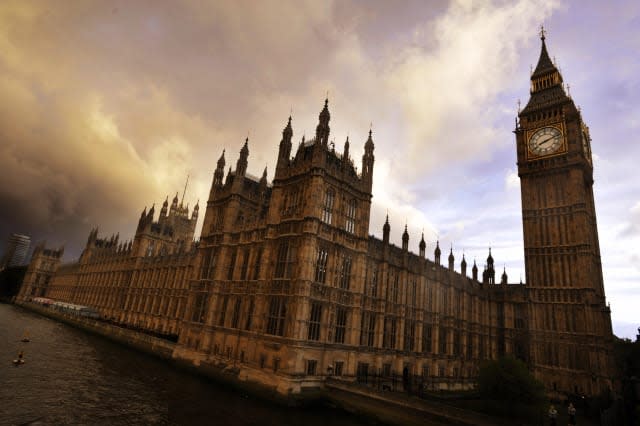Shocking £7,000 pay rise for MPs - backdated

How much of a pay rise did you get this year? Was it £7,000? And was this on top of an already generous salary of £67,000? Did your pay rise come in at more than 10%? If not then you're in the wrong job: you ought to try your hand at becoming an MP.
Do MP's support it?
It's frankly an embarrassment for a crop of MPs largely elected on a platform of cutting back, tightening our belts, and all being in this together. Many of them are keen to speak out against the proposals - put forward by the Parliamentary Standards Authority.
When the changes were first unveiled in 2013, MPs were falling over themselves to denounce the pay rise, and David Cameron has just urged the Authority to reconsider.
Behind closed doors, meanwhile, it's another matter entirely. The committee surveyed MPs in 2012, and at the time two thirds of them claimed they felt underpaid (at the time their salary was £65,738 a year). When asked by researchers what they felt they should be making, their answer was an average of £86,250.
%VIRTUAL-ArticleSidebar-jobs-guide%
The fact that the majority of MPs privately support the proposals makes it more likely that the committee will put them through as they are.
Is this fair?
The committee has pointed out that overall it wasn't going to cost taxpayers any extra, because it comes as part of a package. This includes "a new pension on a par with other parts of the public service, saving the taxer millions", scrapping resettlement payments "worth tens of thousands of pounds per MP and introducing more modest, modern redundancy packages, available only to those who contest their seat and lose". It also promised a tighter regime of business costs and expenses "ending the provision for things such as evening meals."
However, this isn't going to hold much sway with an electorate who will be dumbfounded that there was an extra £7,000 lurking in MP pay packets all along. It raises all sorts of questions - not least why MP's pensions were more generous than those for other public servants like teachers and police officers, and why we were paying people tens of thousands of pounds when their job as an MP ended - even if they hadn't tried to get elected again. That's even before we get into the question of why we were paying for MPs to go out to dinner after work if they finished late.
Why the pay rise?
There will be those who argue that MPs shouldn't have had all of these anachronistic things in the first place, so there's no need to compensate them for taking them away. By paying them almost £7,000 a year more, they're not levelling the playing field with other people in the public sector, they're just moving some of the dirt around so that MPs have a different kind of advantage.
Plus, of course, this ignores the enormous number of MPs with second jobs, who are making a small fortune from the private sector on the side.
It's no wonder we have a political class that's increasingly divorced from the electorate. How can they be expected to understand the daily battle over how to afford the heating bill, when their biggest dilemma is where they are going to store all their extra money?
But what do you think? Are MPs worth it? And does this huge pay packet make you feel like going into politics? Let us know in the comments.
Politics on AOL Money
The 'People's Emergency Budget' unveiled
EU migrants may have to wait four years for UK benefits
Politics vs pensions: no one wins





